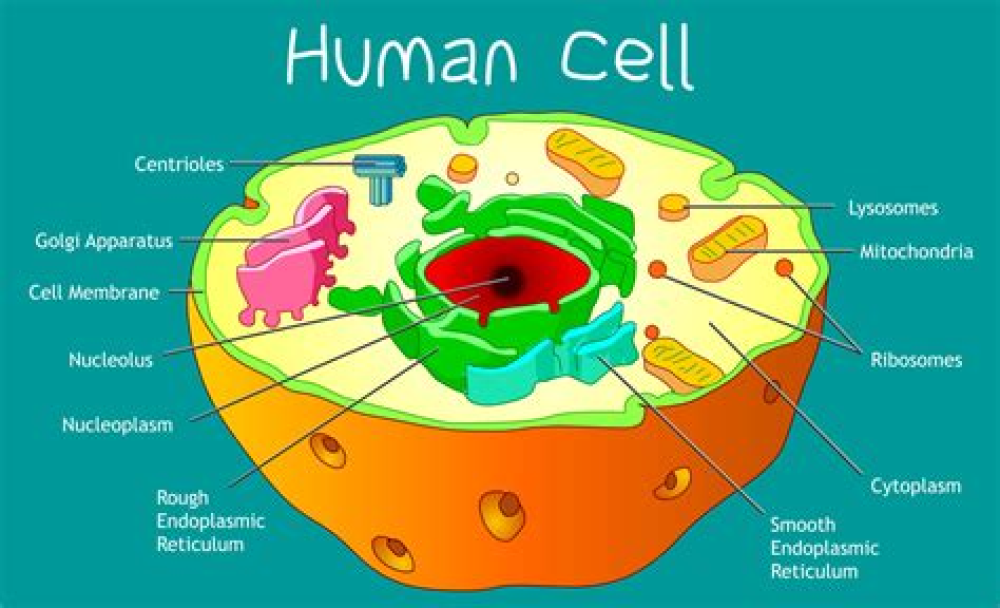Authors: Natalia T Freund, Motti Gerlic, Ben A Croker
The end of the coronavirus disease 2019 (COVID-19) pandemic is in sight. We have scientists to thank for that. However, while years of meticulous research by vaccinologists, molecular biologists and immunologists provided the framework for rapid deployment of vaccines, we are still learning what constitutes an effective lifelong immune response to pathogens. A more detailed understanding of human B-cell development and the nature of the antibody response to severe acute respiratory syndrome coronavirus 2 (SARS-CoV-2) infection or immunization may aid vaccine development for known pathogens and further reduce vaccine development times in the event of future pandemics.
Neutralizing antibodies are produced upon infection with SARS-CoV-2,1, 2 but the transition to lifelong immunity awaits ongoing studies, and is of central importance to ending COVID-19. Immunological memory is the pillar by which vaccines offer education to our immune system to protect us from future exposure to pathogens, yet the nature and length of this memory vary. Some natural infections and vaccines provide a lifelong lesson to the immune system, thereby enabling it to “remember” pathogens and antigens for decades, while in other cases the immune system “forgets” the exposure, leading to a waning immune response over months to years. With the advent of vaccines against SARS-CoV-2, along with the emergence of variants of concern, understanding the nature and duration of protective immunity is key to SARS-CoV-2 eradication or, at least, minimalization of severe infections leading to hospitalization and death.
To study long-term immunity to SARS-CoV-2 infection and vaccination, Wang et al.3 have investigated memory B-cell responses to SARS-CoV-2 for a 12-month period in convalescent individuals, some of whom received a COVID-19 messenger RNA (mRNA) vaccine. SARS-CoV-2 convalescent individuals are advised to receive one dose, and in some countries two doses, of a COVID-19 vaccine to increase titers of SARS-CoV-2 antibodies to a level considered effective at virus neutralization. This recent study enables a longitudinal comparison of the natural B-cell response with infection, with and without a supplemental COVID-19 vaccine.
For More Information: https://onlinelibrary.wiley.com/doi/10.1111/imcb.12494
